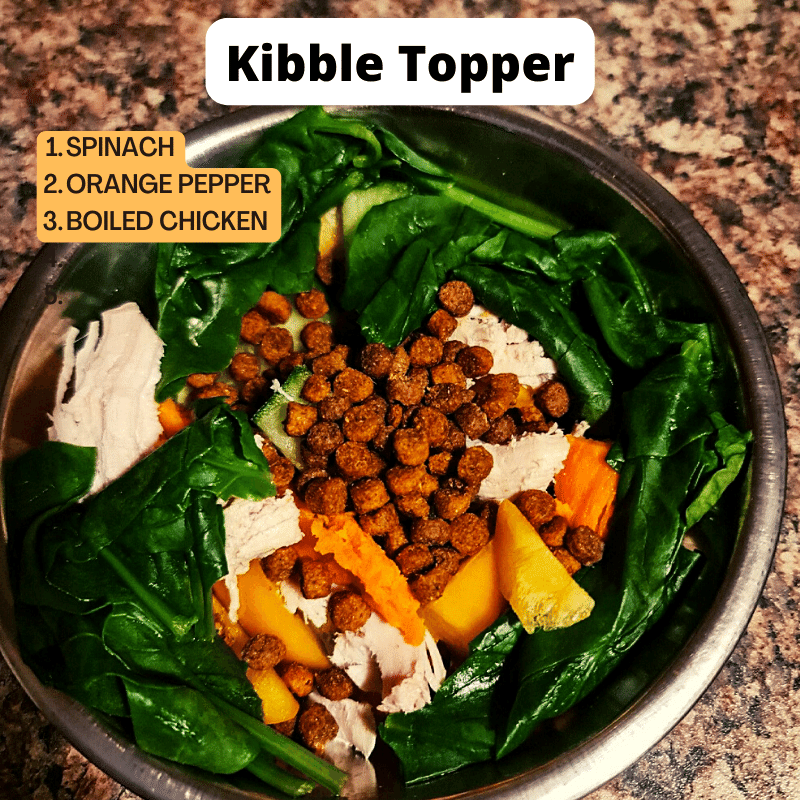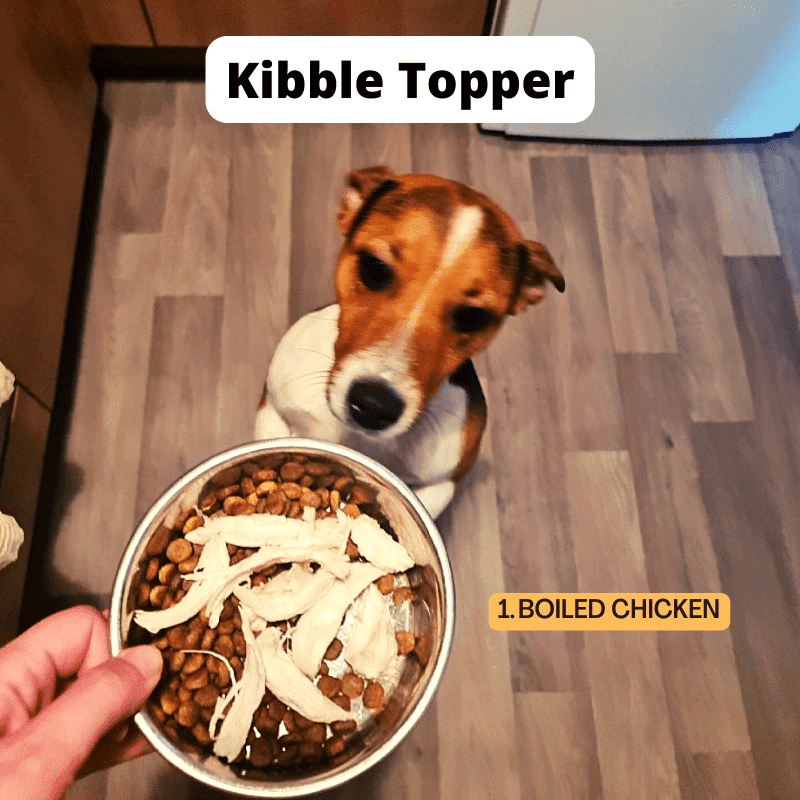Dogs, like people, can get depressed. You’re in the right place if you think your dog is depressed. You might have just adopted a dog whose owner has passed away. The good news is that you can help a dog find their love of life again and put a spring back into its step.
If you think your dog is depressed, first, there are some things you can do to rule out any other problems.
Illness Mistaken For Depression Check
Dogs are very good at trying to hide their pain. However, a lot of the time, it does eventually creep through and shows through their emotions, which can lead to us thinking they could be depressed. In this case, you should take your dog to the vet if you are not 100% sure it’s depression.
Symptoms of depression in dogs are similar to an underlying illness or pain. Taking a dog to a veterinarian professional will be the best place for any health tests that dont show visually to you either through a vet’s knowledge or through blood or urine samples.
A vet will ask questions that perhaps you have not thought about or noticed.
I recommend you seek confirmation first before trying to treat what you think might be depression.
Symptoms Of Depression In Dogs
- Behaviour changes, such as aggression or being needy/clingy
- Changes in bark frequency
- Lack of energy
- Loss of appetite
- Not responding to an owner’s praise
- Sleeping more
- Whimpering for no reason
The Main Reasons Why Dogs Get Depressed
- A significant change in routine
- Being mistreated present or past
- Boredom or a lack of stimulation
- Chemical imbalance of hormones
- Illness and pain
- Loss of an owner or close family member
- Loss of another household pet
- New family arrival
- New home
- Spending too much time home alone
If you know 100% that your dog suffers from depression from the above advice, the suggestions below will help your dog overcome depression.
Your Daily Attitude Counts
Dogs are known to pick up on their owner’s emotions. If you are sad, they are also unhappy. They feel the same pain just as you go through it. However, dogs can help you be less sad. Have you ever heard of oxytocin? Well, oxytocin is a chemical hormone produced in your and your dog’s brains together. These happy feelings can combat depression, so if you feel down and think it’s rubbing off on your dog, hold them tight and have some playtime, you could both combat depression together.
Every day try to wake up and make it the best day for you and your dog, obviously in reason, as you’re not going to keep it up every day.
Keep the whole household calm, try not to make loud noises, and try to keep family disputes at a low. All of these put a strain on your dog’s mental health, especially when they are feeling delicate.
Purpose Training To Help Build Confidence
A dog that has achieved something new will feel proud and happy, and these feelings can help push depression away. So, try to teach your dog a new command and praise heavily when completed. Even the simplest commands or tricks will be good for your dog’s mental health, like sit, wait, paw or lay down.
Some of my favourite dog trainers and techniques are below:
Dog Training YouTube
Food Glorious Food
Dogs evolved from hanging around human settlements many years ago, hoping to get food. The importance of food is built into a dog and is at the forefront of its mind. Just like humans eat, we gain comfort and enjoyment from it; the same goes for your dog.
Try giving your dog some new foods to try. If you feed your dog kibble or wet food, try adding some healthy toppers to their meal if you concentrate on vitamins B and C also magnesium-enriched foods, as these vitamins help with depression.



I have listed some possible foods for you to choose from which are safe for a dog to eat in moderation.
Vitamin B Foods
- Bananas
- Beef, chicken or ducks liver
- Brussel sprouts
- Eggs
Vitamin C Foods
- Blueberries
- Broccoli
- Carrots
- Cauliflower
- Kale
- Mango
- Oranges
Magnesium Foods
Playtime Is Fun, But Don’t Push It
A playful dog is a sign of happiness, and you may notice your dog not wanting to play as much when they are depressed, which is okay.
What you can do is gently try to encourage playing with toys. You could treat your dog to a new toy and see if that will bring back the thrill of playing.
Try to give your dog plenty of praise when they start to play but do it calmly.
Puzzle toys will keep them mentally occupied and a sense of achievement when they have reached the goal of the treat.
Routine For Structure And A Purpose
Dogs love a routine, and sometimes you don’t even know you have a routine in place that’s routine to a dog.
Take, for instance, every morning. I wake up, stumble downstairs, put the kettle on for a cup of tea, let the dog out for the toilet, feed my dog, shower, do my make-up, get dressed, and then take the dog out for his walk.
That is a routine!
To us, it’s pretty standard; however, try adjusting your routine, such as ten minutes sitting with your dog, or if they are willing to play, have a little play session for ten minutes. Try to do this at the same time each day.
Or
Something as simple as before a walk, tell your dog to sit and then put the lead on them and offer some boiled chicken as their reward (This is the healthiest treat you can give your dog; I always recommend this over shop-brought treats)
These simple tiny add-ons have a massive impact on our dogs and will help your dog’s mental outlook.
So, think of something tiny to add to your daily routine at the same time each day so your dog can get involved.
Introduce New Dog Friends If Their Personality Allows It
Let’s be honest; not all dogs want other dog friends. Mine certainly does; he is always on dog-hunting duties when I am walking him; however, I had another dog that hated every dog we came across, and I accepted him for this and wouldn’t put him in a situation like this or take him to dog social classes as he wouldn’t benefit from them.
However, if you know your dog will benefit from making friends and giving chase, you should find a local dog fun class to attend.
Walking For Happiness
Most of you already, I’m sure, take your dog out for their daily walks. However, if you don’t, you should walk them and try not to miss any daily walks. Remember, a dog loves a routine. If you don’t have time to walk your dog, look for some local dog walkers in your area. Getting out of the house for fresh air and smells will help your dog immensely.
How You Can Emotionally Deal With A Sad Dog
No one wants to see their dog sad, and we know dogs as being happy and playful and never really think that a dog could be sad, which can be pretty upsetting for you, the owner. Take each day as it comes, and try to remain positive and show your dog love and attention.
FAQ’s
Dogs try to hide their emotions because illness is a weakness. It’s a behaviour in animals that can protect them against predators preying on the weak. Survival of the fittest will always rise above any weakness in the wild.
While it may seem that in the stories you read, dogs have died from depression after their owner passed away, it’s not as straightforward as depression itself. Other factors accompanying depression include not eating, not getting the proper nutrients to survive, or being depressed due to an illness. So if a dog solely died from depression, it wouldn’t just die; there would be other reasons.
I hope the advice I shared can help your dog. If you have any advice to share with other dog owners or if the advice helped you, please get in touch. I would love to hear from you.
Consider taking your dog to a vet if the problem persists.
Good Luck!
